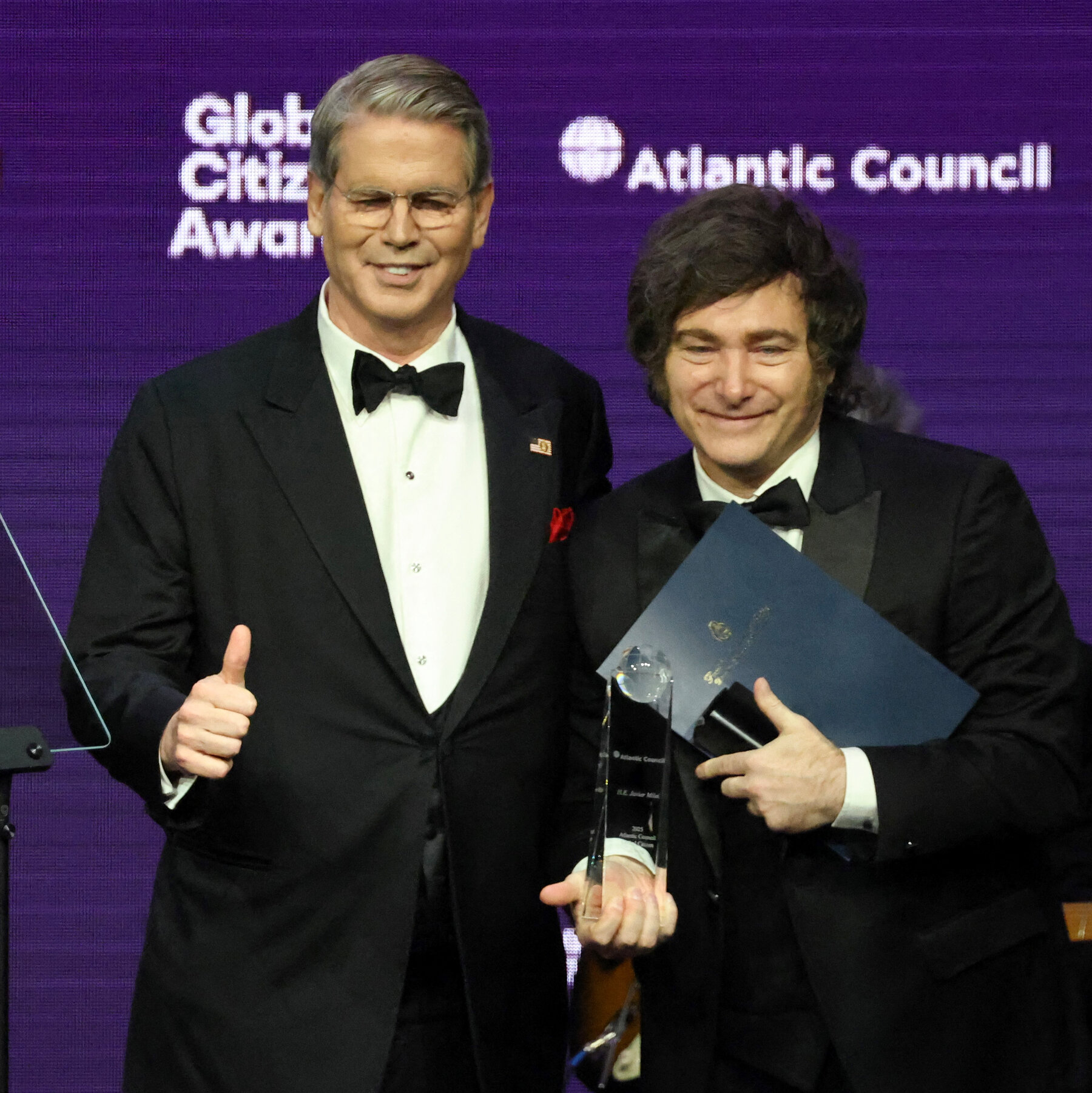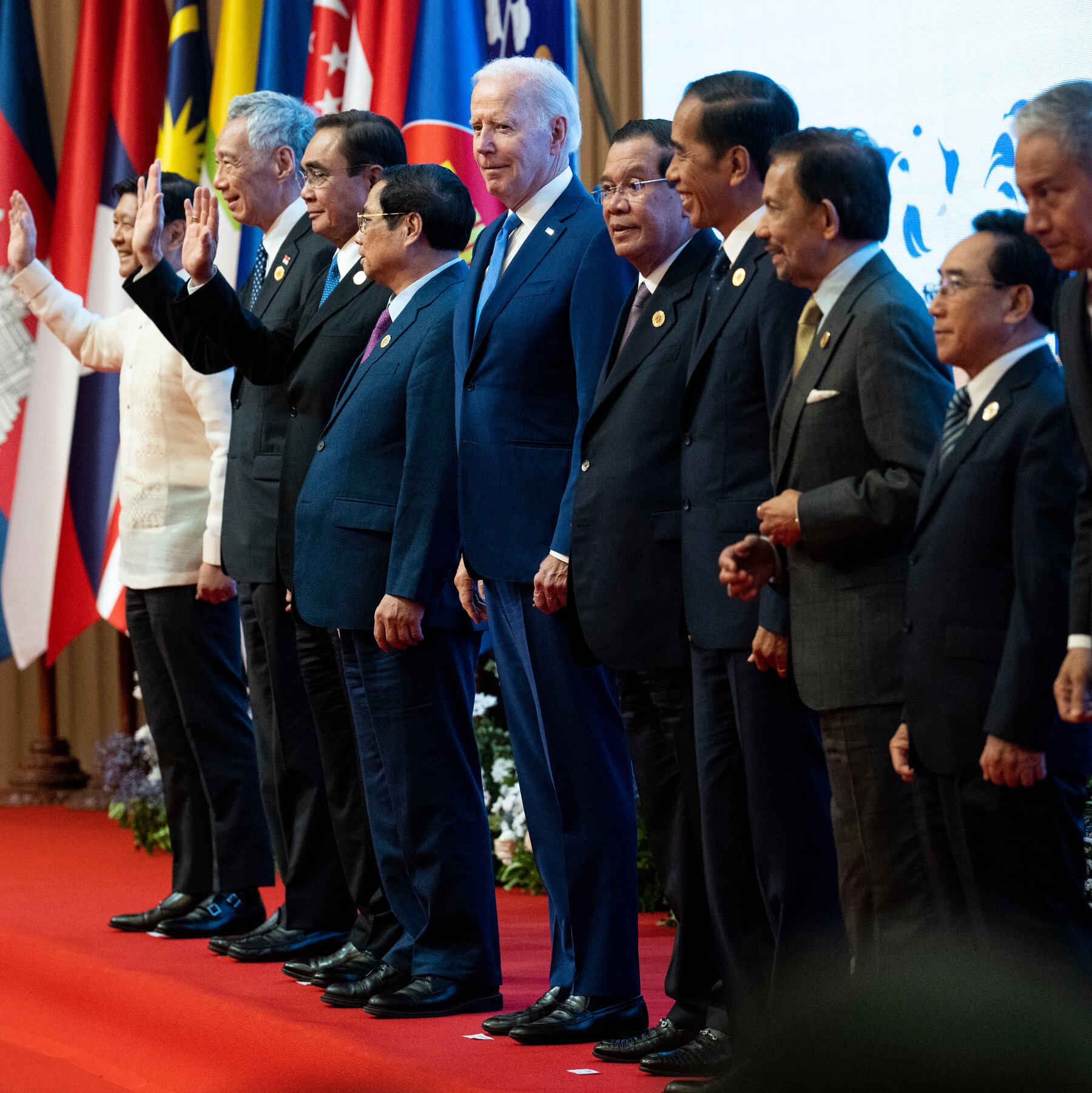How Trump’s Redlines Have Upended the G20 Summit in South Africa
At this year’s gathering of the world’s leading economies, the United States is turning the usual diplomatic choreography on its head. President Donald Trump’s hard‑line stance on several key issues has stalled the drafting of the customary G20 communique, exposing his growing aversion to multilateral cooperation and compromise.
U.S. Objections Stall Consensus
Traditionally, the G20 summit ends with a joint statement that reflects a broad, if not unanimous, agreement on the global economic agenda. This year, however, U.S. officials have raised objections to language concerning climate change, trade protectionism, and financial regulation, demanding revisions that align with the administration’s “America First” doctrine.
Climate Policy at a Standstill
One of the most contentious points is the paragraph on climate action. While the majority of member nations pushed for a stronger commitment to the Paris Agreement, the U.S. delegation refused to endorse any wording that would obligate the United States to increase its emissions‑reduction targets. The result: a paragraph that remains vague, with the United States explicitly stating it will “pursue its own environmental agenda.”
Trade Tensions Resurface
Trade discussions have also hit a roadblock. The United States has demanded the removal of references to “fair and open trade,” arguing that such language could be used to justify future tariffs against American goods. This demand has sparked heated debates with the European Union, Japan, and Canada, all of whom view the phrasing as a cornerstone of the G20’s trade framework.
Financial Regulation and Oversight
In the realm of financial regulation, the U.S. has opposed a proposed clause calling for stricter oversight of multinational banks. The administration claims that excessive regulation would stifle innovation and hurt American competitiveness. Critics within the summit warn that without such safeguards, the risk of another global financial crisis remains unmitigated.
Implications for Multilateralism
Trump’s redlines have not only delayed the release of the summit’s final document but have also signaled a broader shift in U.S. foreign policy. By prioritizing unilateral interests over collective solutions, the United States risks alienating long‑standing allies and undermining the G20’s role as a platform for coordinated economic governance.
Analysts caution that if the United States continues to reject compromise, future summits may see even greater fragmentation, weakening the ability of the world’s major economies to address pressing challenges such as pandemics, debt sustainability, and climate change.






